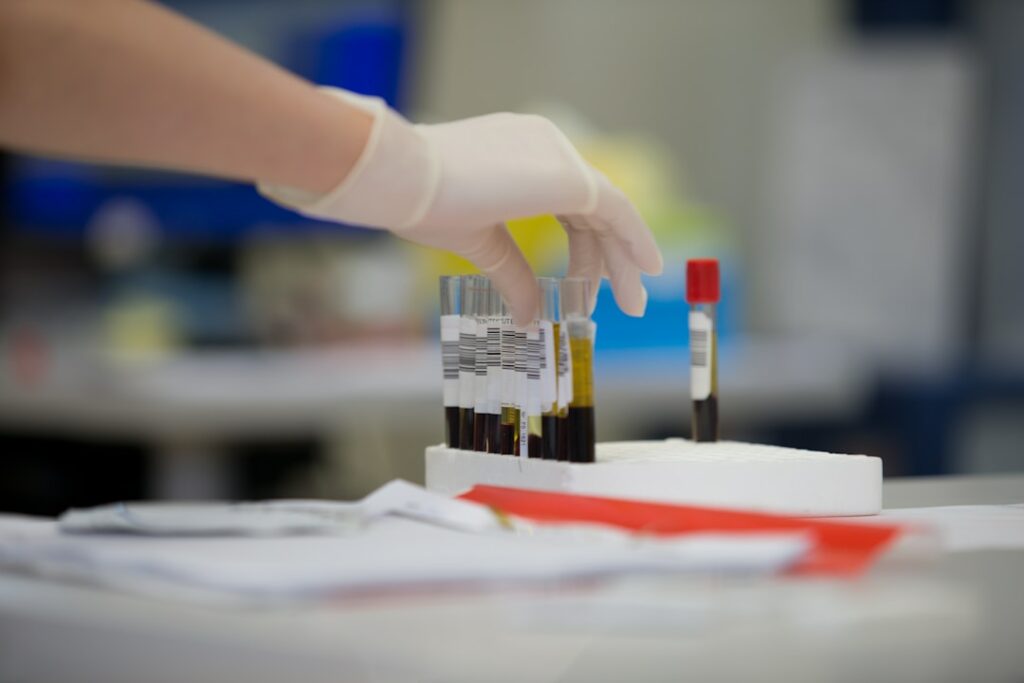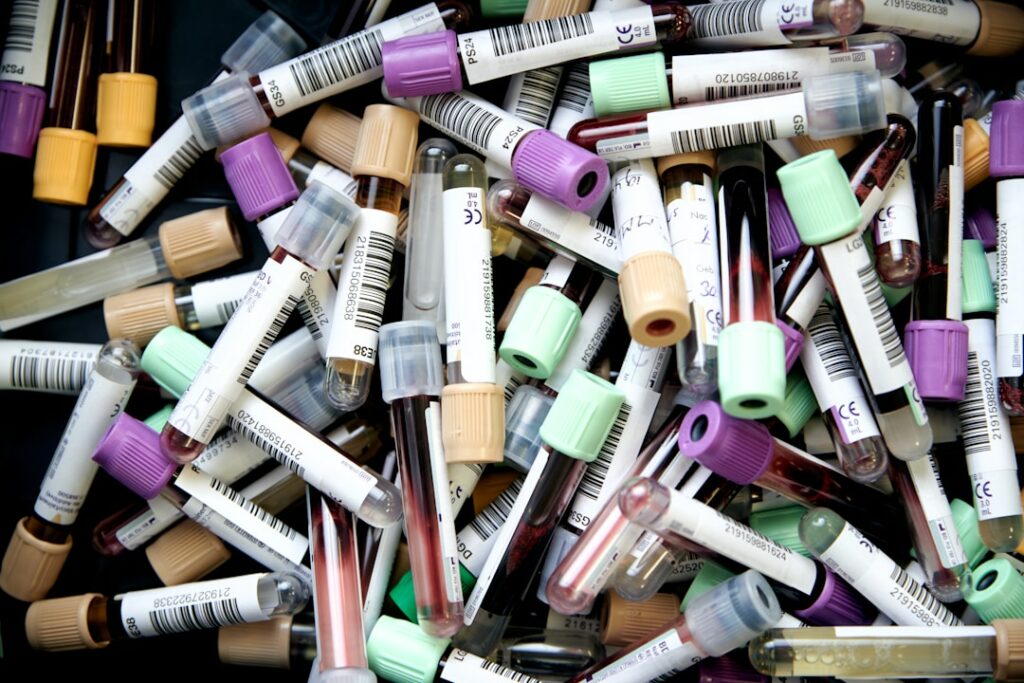The rise of home blood work kits has revolutionized the way we approach personal health monitoring. These kits have made it possible for individuals to conduct various blood tests from the comfort of their own homes, saving time and providing a sense of empowerment over one’s health. The convenience and accessibility they bring to routine health checks cannot be overstated. By understanding how these kits work and the benefits they offer, we can make informed decisions about our health care. Below, we explore the different aspects of home blood work kits, including their reliability, types of tests available, and privacy concerns.
Understanding Home Blood Work Kits and Their Convenience
The advent of home blood work kits has brought a significant leap in healthcare by enabling individuals to perform blood tests without visiting a clinic or hospital. The kits generally include all necessary components, such as lancets, blood collection devices, and instructions, simplifying the blood collection process. By reducing the need for in-person appointments, these kits offer a discreet and convenient way to acquire important health information.
Many people opt for home testing due to its ease of use and the comfort of privacy it provides. For those with mobility issues, living in remote locations, or with busy schedules, these tests provide a practical alternative to traditional testing methods. Moreover, home testing can alleviate the anxiety associated with clinical environments, making regular health screenings more palatable for many individuals.
A key advantage of home blood work kits is the ease with which they can be ordered and delivered. With a straightforward online ordering process, kits arrive directly at your doorstep, exemplified by companies such as Blue Horizon, which offer a range of home blood work kit options. Following sample collection, the kits are simply mailed back to a lab for analysis.
How to Properly Collect a Sample Using a Home Blood Test Kit
Proper sample collection is crucial for accurate results when using a home blood test kit. It’s important to carefully follow all included instructions, which typically begin with washing your hands and preparing the collection area. Some tests will require fasting or avoiding certain medications, so adherence to pre-test guidelines is key.
Most kits require a finger-prick blood sample, which can be achieved with the provided lancet. The goal is to collect a small amount of blood with minimal discomfort. After puncturing the skin, the blood is usually collected into a vial or onto a test strip. Ensuring the sample is uncontaminated and sufficient in volume is instrumental for accuracy.
After collection, it is vital to properly package the sample according to the provided instructions. This often involves sealing the sample in a secure container and labeling it appropriately. Prompt shipping back to the designated laboratory is also important, as delays can compromise the sample’s integrity.
Accuracy and Reliability of Home Blood Test Results

The accuracy and reliability of home blood test results are common concerns for potential users. Reputable companies partner with certified laboratories to ensure that analysis meets the same rigorous standards as those used by healthcare providers. It is worth noting that while home blood work kits are generally reliable, they are not a substitute for comprehensive medical examinations when necessary.
To bolster the credibility of the test results, many home testing companies participate in regular quality assurance programs. These programs often include inter-laboratory comparisons and proficiency testing to guarantee consistent precision. When selecting a test kit, it’s worth investigating the company’s quality controls and certification statuses to ensure peace of mind regarding the reliability of your results.
Navigating Privacy and Data Security Concerns With At-Home Blood Testing
An important aspect to consider with home blood work kits is the privacy and security of your medical information. Reputable companies take extensive measures to protect your data, adhering to strict confidentiality and data protection laws. It is vital that, before using any service, you verify the provider’s privacy policies and data security protocols to ensure your information remains secure.
Information encryption, secure data storage, and anonymity in reporting are common practices among trustworthy home test providers. These measures prevent unauthorized access to your test results and ensure that your medical data is handled with the highest level of discretion.
Altogether, home blood work kits offer an accessible and convenient option for individuals to manage their health. They save time, provide privacy, and maintain high standards for accuracy and data security. As the popularity of these services continues to soar, the potential for individuals to take proactive, informed steps in their healthcare continues to expand.


Leave a Reply